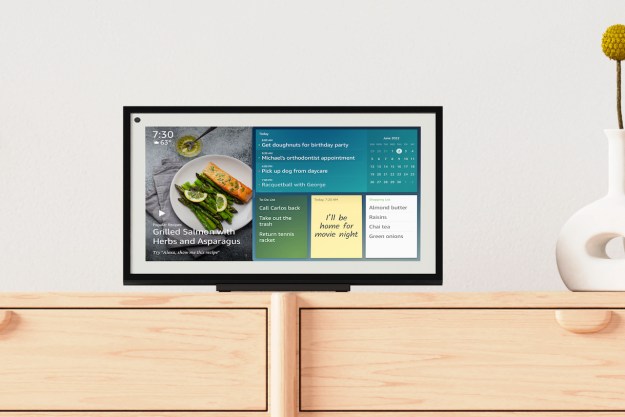As communications companies race to sign up customers to service bundles dubbed triple and quadruple plays—combining phone, television, Internet service, and/or mobile phones—a new study from market analysis firm Knowledge Networks finds that cable companies wiping the floor with telcos, with some 90 percent of homes with a service bundle which includes television service are cable TV subscribers.
“When it comes to selling bundled services, cable providers have a tremendous head start on their competitors,” said David Tice, Knowledge Networks’ VP of Client Service, in a release. “It may be some time before satellite and telephone companies can pry loose significant market share from the cable industry, which is gaining even more customers with ‘triple-play’ discounts.”
According to Knowledge Networks, just 20 percent of TV households say they have Internet service bundled with their television service. The numbers are even lower for other deals: seven percent report having phone service bundled with TV, and just one percent bundle cell phone service with television.
Conversely, broadband internet access is a driving factor behind customers signing up for bundled services: some 48 percent of homes with high-speed Internet service report participating in service bundling, with 47 percent combining their Internet and television service. But broadband households don’t seem swayed by other service bundles: just 13 percent combine their telephone and TV service, and only two percent combine cell phone and television service.
The study also found affluent homes (with incomes over $50,000 a year) were more likely to have bundled communications services.
Knowledge Networks holds out some light for telcos, though, citing factors in the regulatory environment which could give telephone companies an edge in some markets. According to Tice, “Through targeted competition and aggressively pursuing state-wide franchises, telco’s can create competitive advantage by avoiding the costs of meeting town-by town franchise demands and by marketing a consistent product set over a state-wide area.”
Editors' Recommendations
- Best washer and dryer deals: bundles from LG, Samsung and more
- Eufy sale: Get up to $420 off home security camera bundles
- Holy smokes! This bundle of 240 AA and AAA batteries is 69% off
- This 96-pack Energizer AA and AAA battery bundle deal saves you $38
- Black Friday: This Samsung washer and dryer bundle is $600 off


